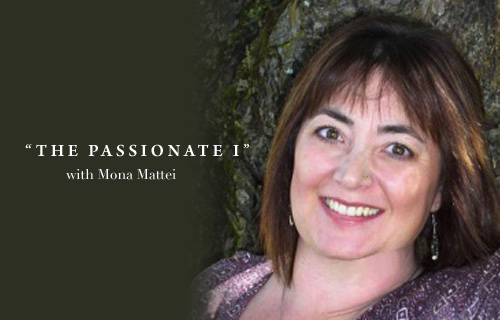OP/ED: Council should kiss and make up
It seems the honeymoon is over for Grand Forks city council. Elected in November, the real work of council got underway in January, and here we are, late February, with tension between incumbent and newly elected councillors.
At their last meeting councillor Michael Wirischagin challenged the mayor’s leadership in allowing new councillors to hold discussions on different ideas with regional and local committees. The hot topic arose when councillors pursued new ideas to regionalize a project to build signs to welcome visitors in Grand Forks. The initial sign project was supported unanimously by a motion at council in January.
The signs (well overdue as many people note they don’t even know where they are when cruising down the highway, although once they’ve driven through I’m not certain how we heard that comment) are an initiative of the Grand Forks Rotary and have been the subject of discussion around town.
While there is legitimacy to Wirischagin’s claim that once a council decision is made, the city is bound by that decision, it is unfortunate that this instance of sideways thinking to expand and enhance a project became the leverage for Wirischagin to attack both the mayor and other councillors.
Is this just grandstanding on Wirischagin’s part, or are his concerns valid? His claim was that there were many citizens concerned with how this process had moved forward. Councillors involved in the subsequent meetings with the project’s committee countered that they had positive reception to their new ideas.
Is this yet another example of a councillor using the complaint of one or two residents to build his own importance in the eyes of the electorate?
Wirischagin cited Mayor Brian Taylor’s track record with regards to the multi-use sports field during 2010 / 11 as the first instance of his failure to respect and act on the direction of council. This, he claims, was just another example of Taylor’s lack of control over council and process.
But Wirischagin’s approach to this problem shows his intention to appear as the champion of the underdog while carving a wide gap between councillors. Divisive politics usually do not bode well for a council to achieve progress over their term, and can indeed lead to continued battles which slow them down.
Certainly the issue could have been raised with a more collaborative approach, even in private chambers, without coming before the public to hang out their dirty laundry.
While Taylor accepted responsibility for the process, the end results of the meetings held over the sign project may well be to the benefit of the whole Boundary region. It would be a shame if in the future councillors are restrained from discussion around enhancing ideas brought to the table because of a fear of upsetting their colleagues or being critiqued publicly.
The idea of regionalized signs was promoted in 2006, and here we are in 2012 putting a stop to this idea yet again because it doesn’t match the motion for the city’s local signs. Truly the two are separate issues and should not bog each other down, nor should it be seen as disrespect to work on new ideas.
It’s time that politicians learn that their job is to represent the interests of the entire community, and to learn collaborative processes that enable proactive thinking, not create barriers to both communications and progress.
Grandstanding may win votes with one or two people, collaborative forward thinking approaches can win votes with large numbers of people when they see the accomplishments of council over time.
So caution to council – the community isn’t interested in watching your personal spats – we want progressive thinking and solutions oriented players at the table. We’re watching….






















